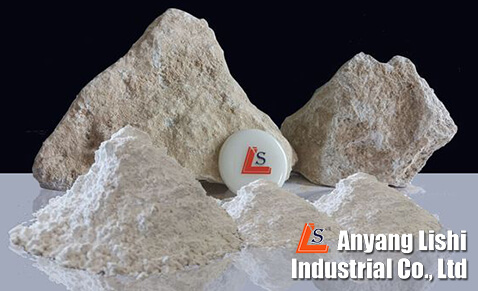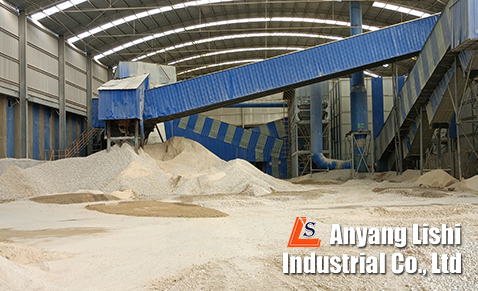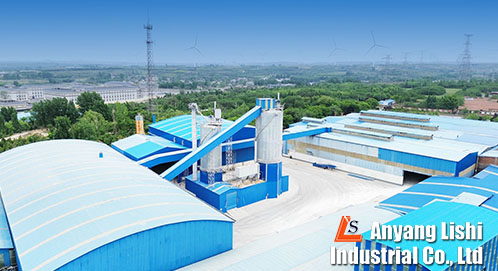
In the realm of industrial production, sustainability and environmental consciousness have become paramount considerations. This is particularly true in industries involved in the extraction and processing of minerals like sodium feldspar. With stringent environmental regulations and increasing public awareness of environmental issues, the demand for high standards of dust control in sodium feldspar production has never been greater. Closed-loop production systems offer a promising solution to meet these demands while ensuring sustainable practices.
Sodium feldspar, a vital mineral used in various industries such as ceramics, glass, and enamel, is typically extracted through mining and subsequently processed to meet specific industrial requirements. However, traditional production methods often result in the generation of substantial amounts of dust, which can have adverse effects on both the environment and human health. To address this challenge, the adoption of closed-loop production systems has emerged as an effective strategy.

Closed-loop production systems are designed to minimize waste and emissions by recycling resources within the production cycle. In the context of sodium feldspar production, this involves implementing advanced technologies and comprehensive protocols to control and mitigate dust emissions at every stage of the process. One of the primary objectives is to achieve high environmental dust standards by containing and recycling dust particles effectively.
Advanced filtration systems play a central role in achieving high dust standards in closed-loop production of sodium feldspar. These systems utilize state-of-the-art filters, such as high-efficiency particulate air (HEPA) filters and electrostatic precipitators, to capture dust particles from various sources, including mining, crushing, and grinding operations. By employing such cutting-edge technologies, industries can ensure that dust emissions are minimized to levels that meet or exceed environmental regulations.

Moreover, closed-loop production systems emphasize the recycling of captured dust back into the production process. Through innovative separation techniques and material handling systems, the captured dust can be reclaimed and reintegrated, thereby reducing waste generation and minimizing the need for raw materials. This not only enhances the sustainability of sodium feldspar production but also contributes to cost savings and resource conservation.


Whether you have questions or you would just like to say hello,Contact us!
Call Anytime:
+86 15837207537Send E-mail:
info@lsakminerals.comAddress:
Anyang City , Henan Province, China.